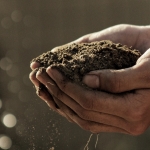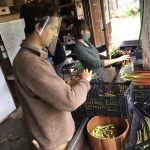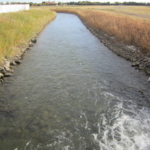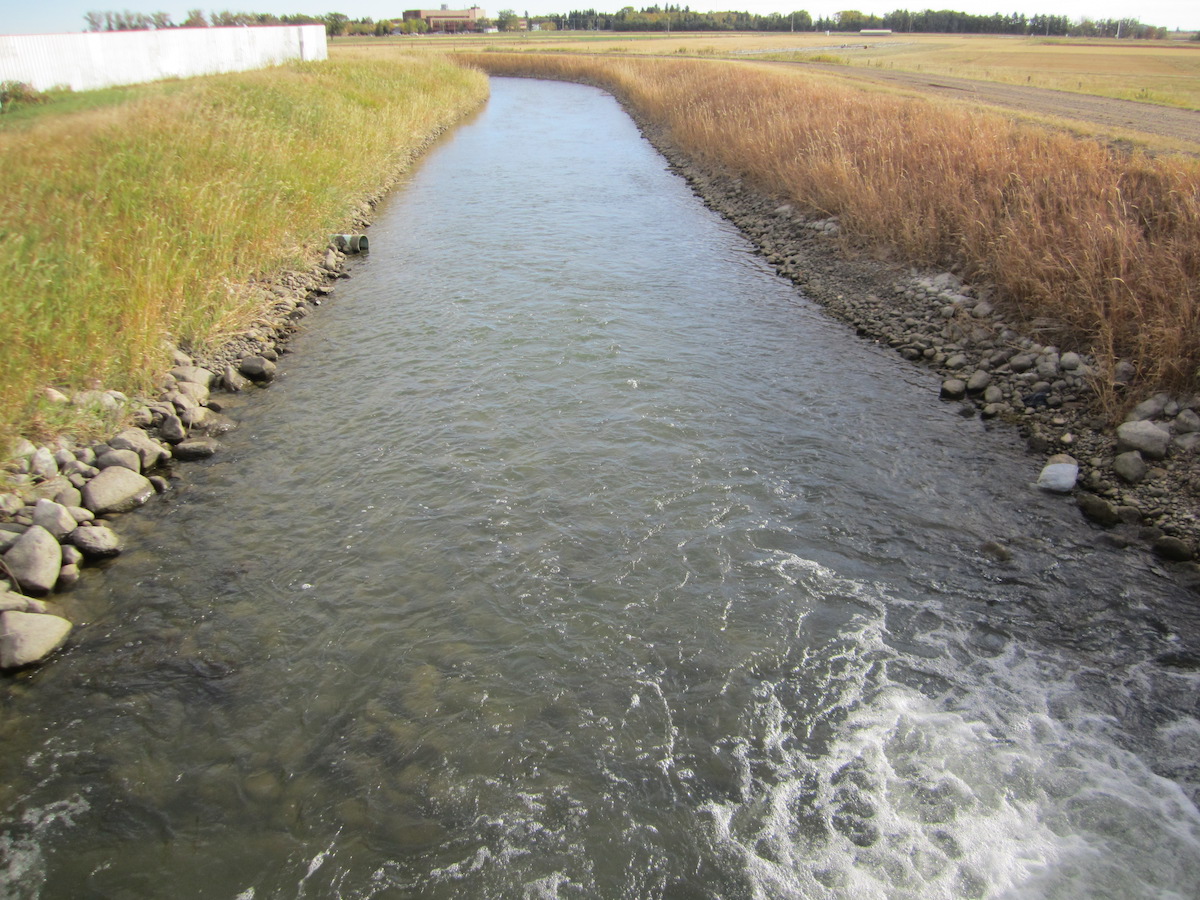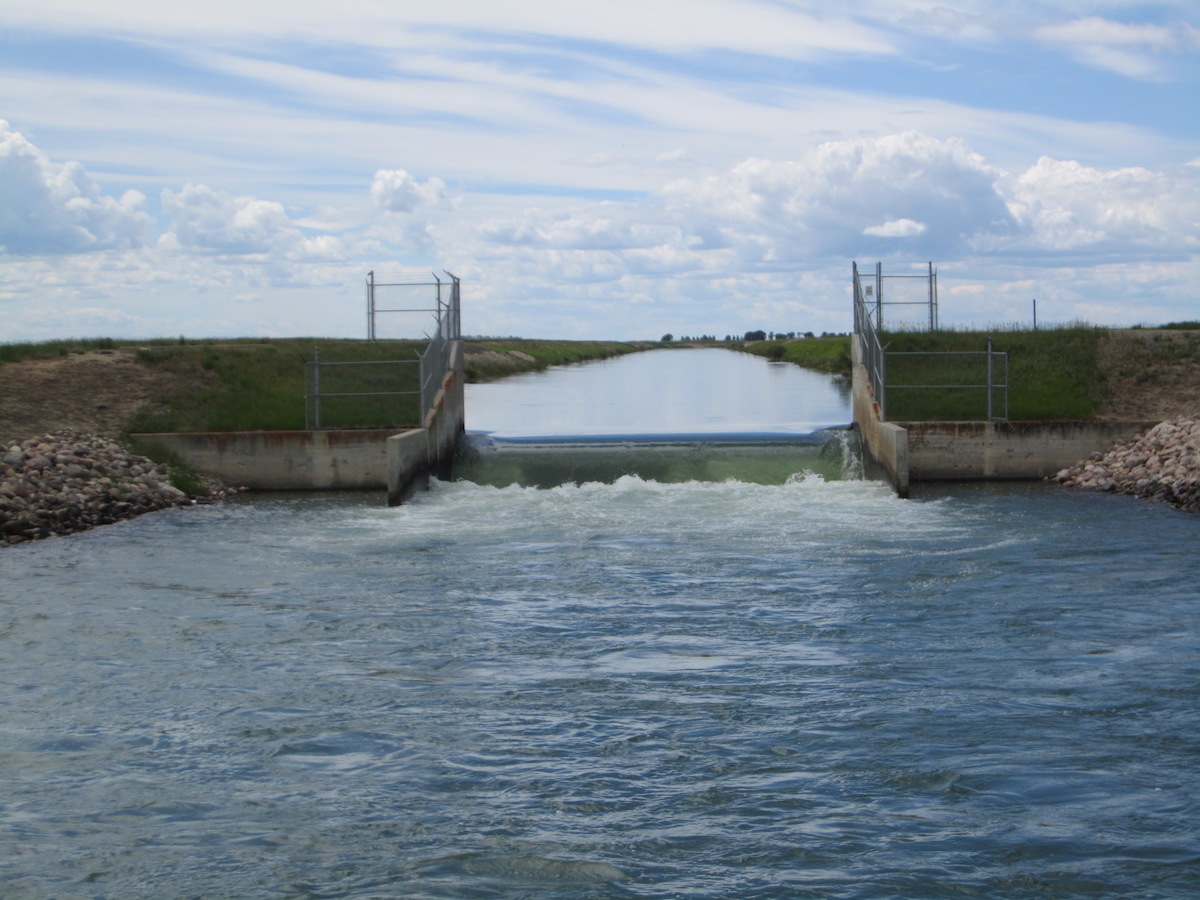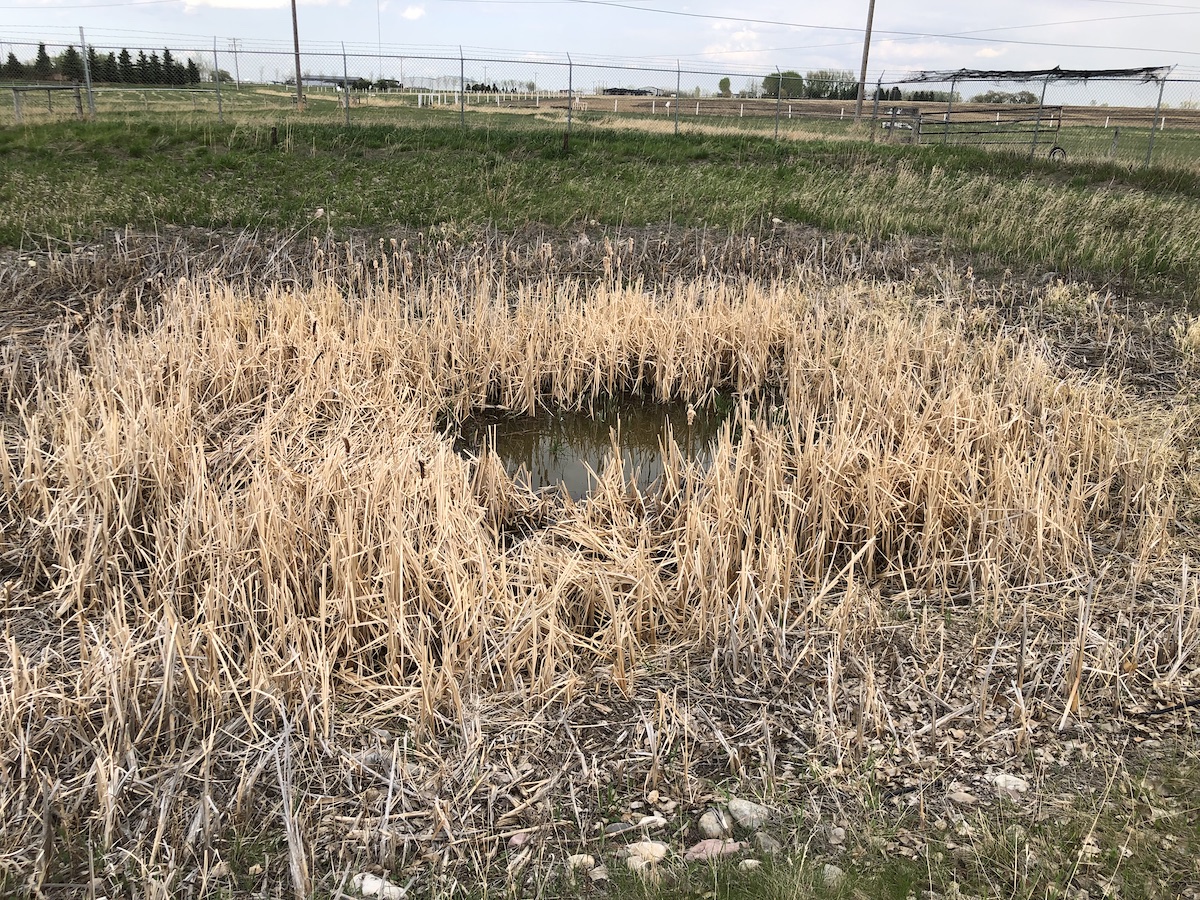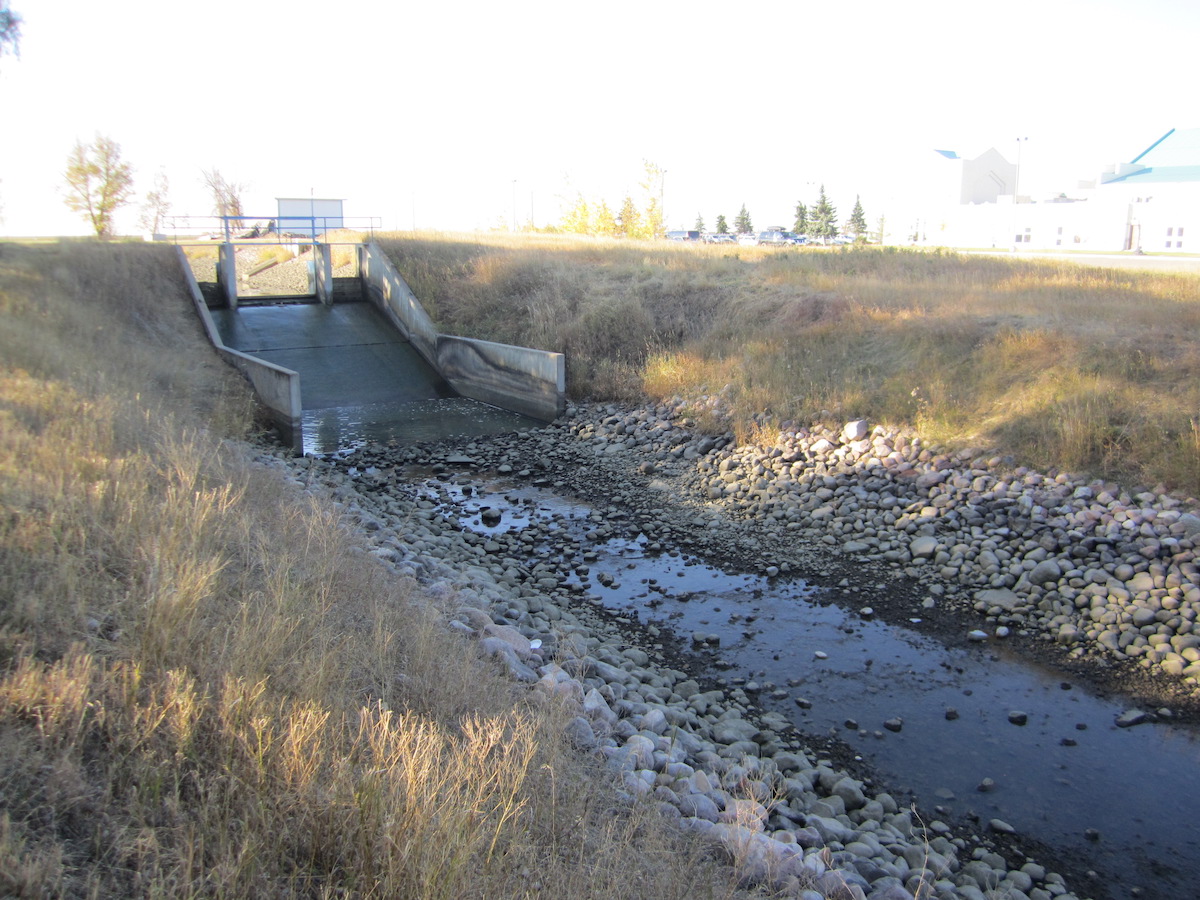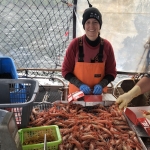For BC Fish Harvesters, Sustainability is a Way of Life
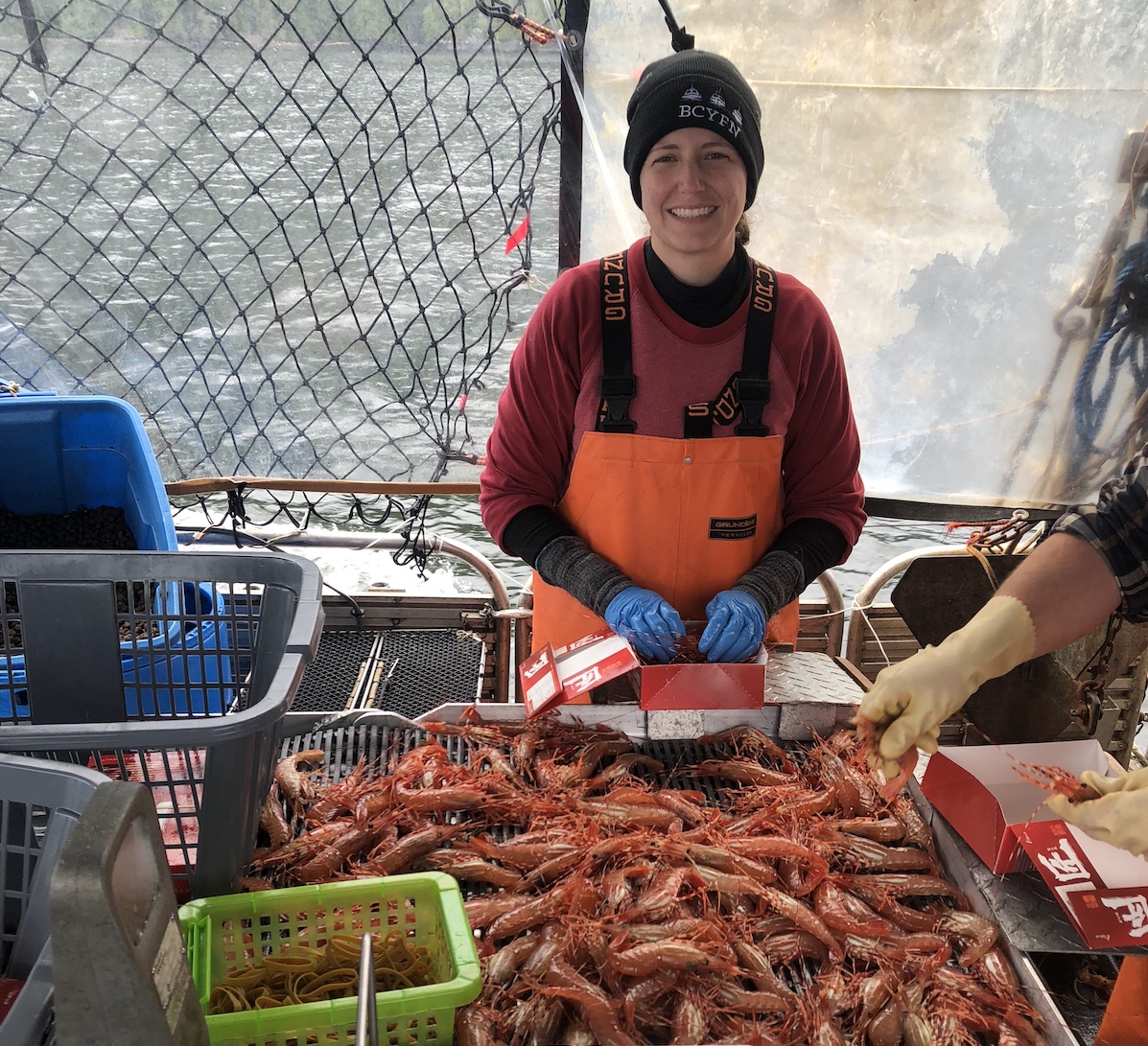
Marc Fawcett-Atkinson
With a campervan-sized cabin and two children, a family dinner aboard Joel and Melissa Collier’s fishing boat is a lesson in gymnastics. There’s barely room for a plate—never mind elbows and legs—but the Comox-based family wouldn’t have it otherwise.
“Fishermen don’t fish for money,” said Melissa Collier, a swimming scallop, salmon, and prawn fish harvester, and co-owner, with her husband Joel, of West Coast Wild Scallops. “There’s so many other things that draw you here. The idea of providing food for other people. That where you work is the most amazing place in the world. And that you appreciate the animals you’re able to harvest and the environment that you’re able to live in.”
She’s not alone. There are about 5,600 fish harvesters working in BC’s $500 million industry, most of them small-boat harvesters deeply embedded in the socio-economic and cultural fabric of their communities and First Nations. Fishing has sustained Indigenous and non-Indigenous people on this coast for generations, offering food security, employment, and community while fish harvesters’ cultural and ecological knowledge of the BC coast is grounded in their work. Fish are life to coastal communities—sustaining them and their habitat is at the heart of the Colliers’ and other small-scale fish harvesters’ work.
“Fishermen want sustainable fisheries,” said Collier. “We rely on our scientists to define what are unsustainable limits and determine what we can catch. And then we stay within those limits.”
The limits, established by Fisheries and Oceans Canada (DFO) annually, are only part of the picture. Harvesters like Collier rely on low-impact fishing techniques and local knowledge to minimize their impact on the marine ecosystems sustaining them. Decisions around where and when to fish within season openings allow them to minimise bycatch, gear loss, or negative impacts on the benthic environment. This is made easier by their smaller vessels (about half of the fishing vessels in BC are under 35 feet while only two percent exceed 80 feet) and low-impact gear, allowing them to attend to highly localized environmental conditions.
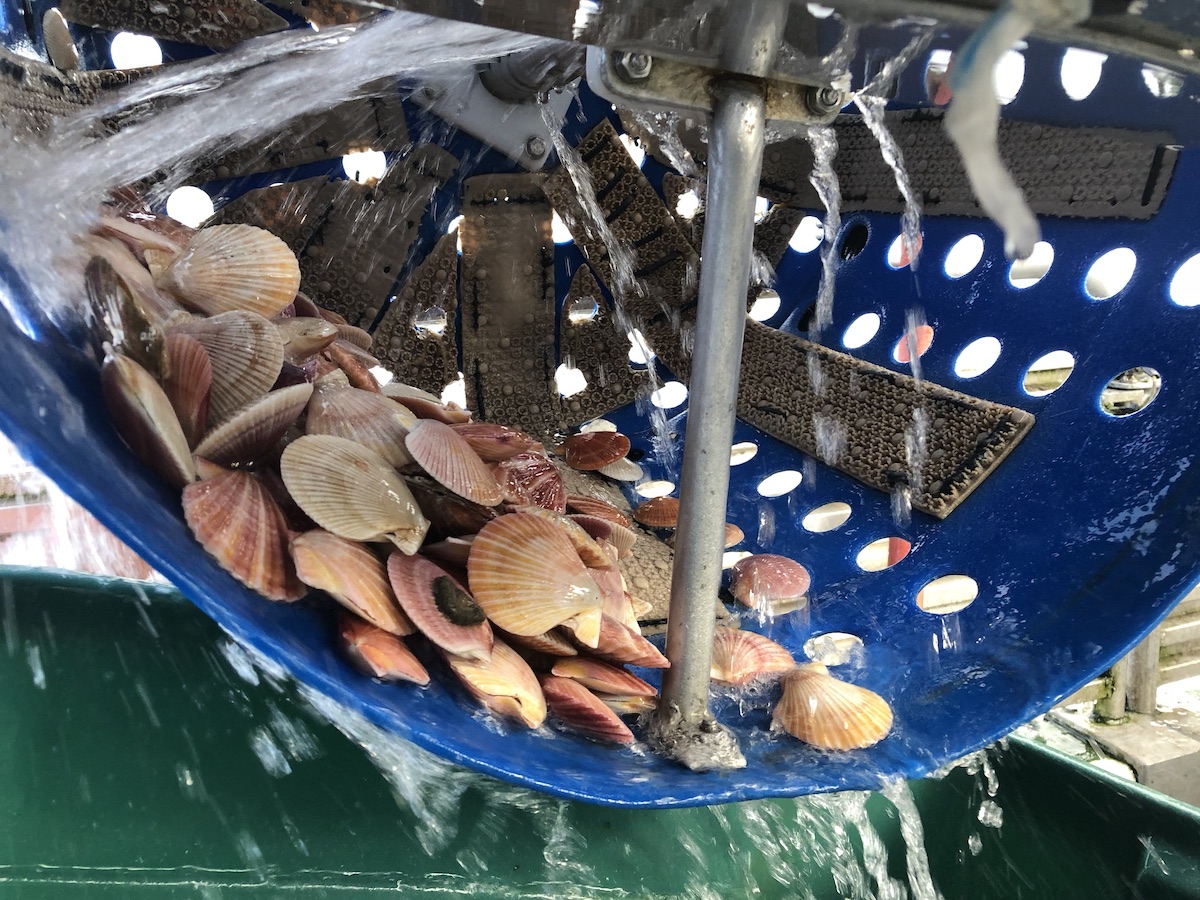
“I’m beholden to my crew and to my family in terms of how we’re making fishing decisions,” explained Guy Johnston, a small-scale salmon and prawn harvester based in the Cowichan Valley, on Vancouver Island. “In a big industrial operation, you’re gonna be forced to keep going even if you’ve got a lot of bycatch or if you’re hurting the ecosystem.”
The combination of personal responsibility and an effective management structure has made BC’s fisheries among the world’s most ecologically well-managed. They are not, however, sustainable, as minimal consideration is given to coastal communities’ socio-economic health, cultural well-being, food security, and resilience in the face of crises. A decades-long focus on narrow ecological and economic targets by DFO—as opposed to focusing on a holistic sustainability grounded in ecological and human well-being—has increased corporate and foreign ownership, prioritized export markets, and pushed many small-scale harvesters out of the industry entirely. Collier and Johnston are exceptions and many of their friends and fellow harvesters operate under direct or indirect corporate control.
That’s because most BC fisheries are managed through an unregulated market for licences and individual transferrable quotas (ITQs) where anyone, including speculative investors and multinational corporations, can own access rights to BC fisheries. Access to fish—once a key source of food, cultural cohesion, and socio-economic well-being in coastal BC—has been transformed into a global commodity. These owners will then lease their quota and licences, often worth hundreds of thousands or millions of dollars, to fish harvesters before the season for an upfront price. Lease fees can reach up to 85 percent of the estimated value of the fish, leaving fish harvesters struggling financially, unable to cover basic operating costs and to reinvest in their communities after paying them. Large factory boats, usually owned by corporations or wealthy individuals—which can stay at sea longer, harvest more efficiently, and have a far greater ecological footprint than smaller operators like Johnston or the Colliers—are prioritized in this system.
Food security in BC’s coastal communities and First Nations has also been negatively impacted. Geared to maximise profits instead of considering the overall well-being of the province’s coastal regions, the industry has largely focused on serving higher-value international markets in the United States, Asia, and Europe. The result: About 85 percent of the seafood harvested in Canada is exported, while Canadians import close to 90 percent of the seafood consumed in the country.
Without access to the full value of the fish they catch—whether that value is generated by selling to global markets or more locally—many fish harvesters are prevented from reinvesting in their crews, families, and adjacent communities, while fewer young people can enter the industry. This lack of local investment is felt throughout coastal communities, both by industry-specific trades like boatbuilding, and further afield in supermarkets, farmer’s markets, and other areas of regional economic activity. Nor is it limited to fish harvesters’ incomes, but also impacts their communities’ health and ability to sustain intergenerational knowledge, local stewardship initiatives, and traditional marine knowledge, cultures, and ecosystem well-being.
“Fisheries are not only about employment but also about [a] sense of identity, belonging, culture, and much more,” notes a 2017 report by the T. Buck Suzuki Environmental Foundation and Ecotrust Canada on the issue, Just Transitions, Just Transactions: Towards a Truly Sustainable Fisheries in BC. “The decline of wellbeing in BC communities historically based on fishing is well-documented, with increased unemployment and drug use, loss of infrastructure and youth retention, as well as increased youth delinquency and suicide.”
Still, there are glimmers of hope. In May 2019 the federal Standing Committee on Fisheries and Oceans recommended significant overhauls to BC’s fisheries policy regime that would prioritize local investments and sustaining the industry’s cultural and socio-economic importance. Last year, many of the key ideas explored in that report started the process of being made into law, but only for East Coast fish harvesters. These overhauls would prioritize a holistic approach to sustainable management that balances healthy marine ecosystems, economic demands, and thriving, resilient communities.
The COVID-19 pandemic has also significantly increased British Columbians’ interest in purchasing their food locally. Johnston, who runs a community-supported fishery (CSF), said he has seen significant public interest in his program, echoing the experiences of other small-scale harvesters who do direct sales or CSFs. The Colliers are also looking to increase the number of British Columbians who can buy their wild scallops, prawns, and salmon.
“My husband is a fourth-generation fisherman,” says Collier. “We want to be able to fish every year. We want our children to be able to fish, and we will do everything we can to make that possible.”
Marc Fawcett-Atkinson is the communications manager for the T. Buck Suzuki Environmental Foundation, a BC-based NGO which advocates for a future of abundant, sustainable fisheries, and healthy ecosystems that support thriving communities in B.C.
Feature image: Prawn harvest. Credit: Melissa Collier


